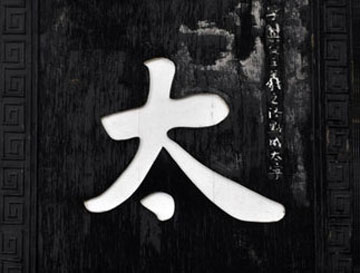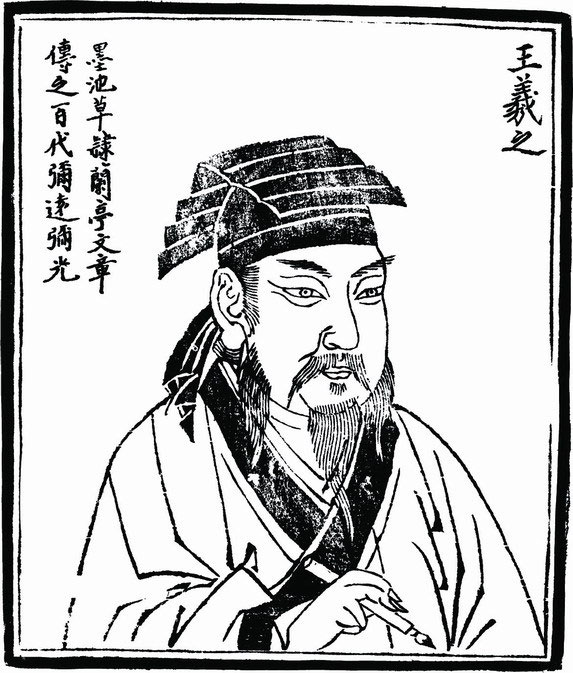Chinese Tuesdays: Calligrapher and son

Wang Xizhi 王羲之 (Wáng Xīzhī) was a famous calligrapher of the Eastern Jin dynasty, who lived from 303-361 in Shaoxing, Zhejiang, and is known now as the Sage of Calligraphy (书圣, shūshèng). There's a supposedly true story about him, which is also a classic example of a joke that's lost in translation.
The story goes that when Wang Xizhi's son, Wang Xianzhi 王献之 (Wáng Xiànzhī), who later went on to be a well-known calligrapher in his own right, was young, his father would have him practice for hours on end. One day, Wang Xianzhi brought the results to his father, hoping for praise and encouragement. Wang Xizhi wasn't impressed, however. Looking at one character in particular, 大 (dà), he said it was unbalanced and too loose on the bottom, took a brush, and added a small dot, turning it into the character 太 (tài).
Later that evening, Wang Xianzhi showed his work to his mother, and asked her if he was as good as his father yet. She went through the characters one by one, but could tell that her son still had a long way to go until he matched his father in skill. But when she got to the character 太, she said, "This one is okay, there's a bit which looks like your father's."
In Chinese it's funnier: "唯有一点像王羲之" (wéi yǒu yīdiǎn xiàng Wáng Xīzhi). 一点 (yīdiǎn) means both a little, and the small dot stroke that Wang Xizhi added, so it can mean either "It only looks a little like your father's," or "Only the dot looks like your father's."


















